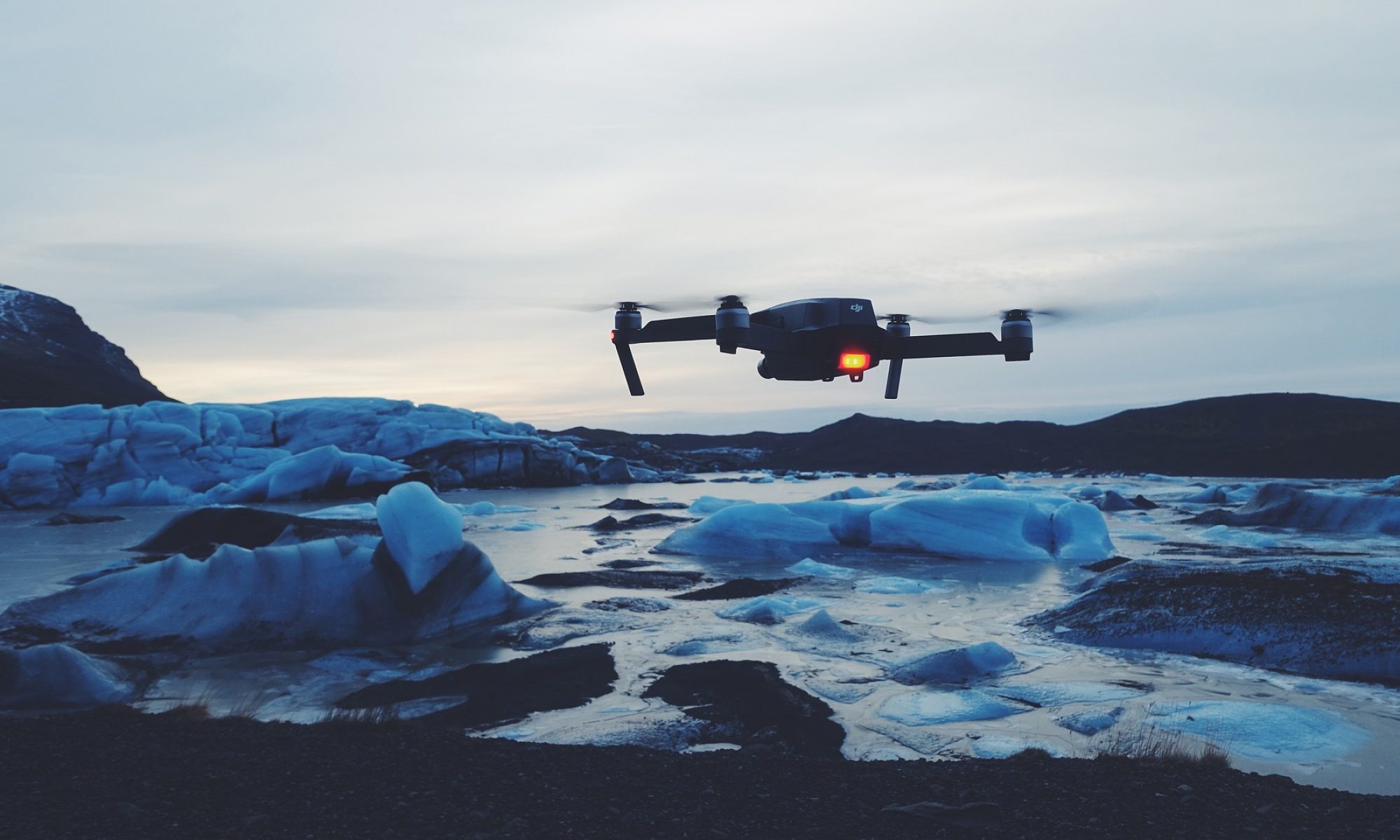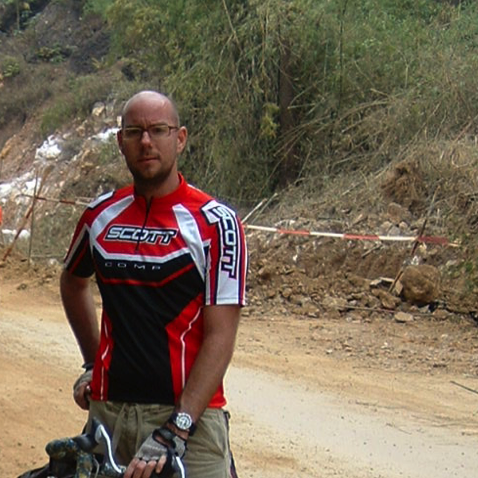Craig is a PhD student sponsored by BOEM and completed in 2018, Craig is now a Lecturer at Bangor University.
Why did you choose to study / research marine biology?
Having grown up around the beaches and coast of Durban, South Africa, I have always had an interest in the marine environment. My interest became stronger as I grew older, until I began diving and catching specimen species for my first marine aquarium, where I attempted, somewhat haphazardly and after many flooding events, to replicate the processes that determine a marine ecosystem. After relocating to the UK and enjoying a long lifestyle diversion, I finally returned to my marine ecology aspirations, studying Applied Marine Biology (B.Sc) and Marine Environmental Protection (M.Sc) at Bangor University.
On completion of my M.Sc, I was employed as a benthic taxonomist for Hebog Environmental Ltd, a small marine science consultancy specialising in marine benthic survey and macro faunal analysis from around the North East Atlantic and abroad. The post gave me essential taxonomic skills with which to develop my research and a deeper appreciation for marine benthos and constituent fauna.
What is your research project about?
My Ph.D is entitled: The Functioning of Deep–Sea Canyons on the East Coast of the U.S. The project is looking at the ecosystem functioning in submarine canyons, specifically off U.S. South East coast. The project involves a complete appraisal of the hydrodynamic regime, sediment flux and food supply influencing the habitats and fauna found at these biodiversity hotspots. The project is comprised of five main research areas on deep-sea canyons, answering ecological questions in the following areas:
- Eco-hydrodynamics in submarine canyons.
- Habitat heterogeneity and sediment processes in canyon systems.
- Faunal bathymetric zonation patterns within canyons and surrounding areas.
- Benthic infaunal community trends in submarine canyons.
- Habitat niche modelling and habitat facilitation in canyon systems.
The Ph.D is working in collaboration with colleagues at the University of North Carolina at Wilmington, the Netherlands Institute for Sea Research and the United States Geological Survey.
Interesting fact about yourself?
I have many hobbies ranging from your average ‘lazy anytime’ hobby to the definitively niche ‘self-emersion slightly obsessive’ hobby. I think you can never have too many. They include: music, gardening, hiking, swimming, tropical marine aquarium keeping, cycle touring, shell collecting, world cinema, ceramics and Indian classical music. Currently, I’m on a ‘grow as much veg as you can’ hobby with a pinch of ‘vintage clothing’, although I can feel a season of stoneware pottery looming!


